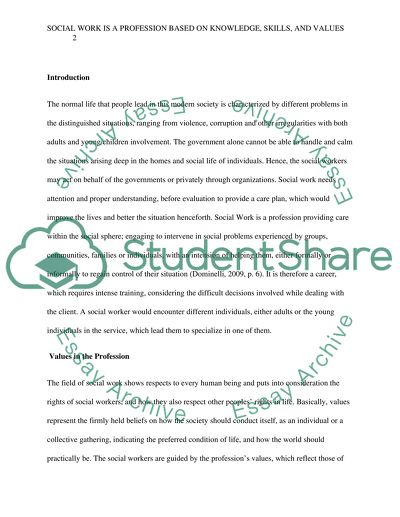Cite this document
(“Social Work is a Profession Based on Knowledge, Skills and Values Term Paper”, n.d.)
Retrieved from https://studentshare.org/sociology/1465251-social-work-is-a-profession-based-on-knowledge-skills-and-values
Retrieved from https://studentshare.org/sociology/1465251-social-work-is-a-profession-based-on-knowledge-skills-and-values
(Social Work Is a Profession Based on Knowledge, Skills and Values Term Paper)
https://studentshare.org/sociology/1465251-social-work-is-a-profession-based-on-knowledge-skills-and-values.
https://studentshare.org/sociology/1465251-social-work-is-a-profession-based-on-knowledge-skills-and-values.
“Social Work Is a Profession Based on Knowledge, Skills and Values Term Paper”, n.d. https://studentshare.org/sociology/1465251-social-work-is-a-profession-based-on-knowledge-skills-and-values.


